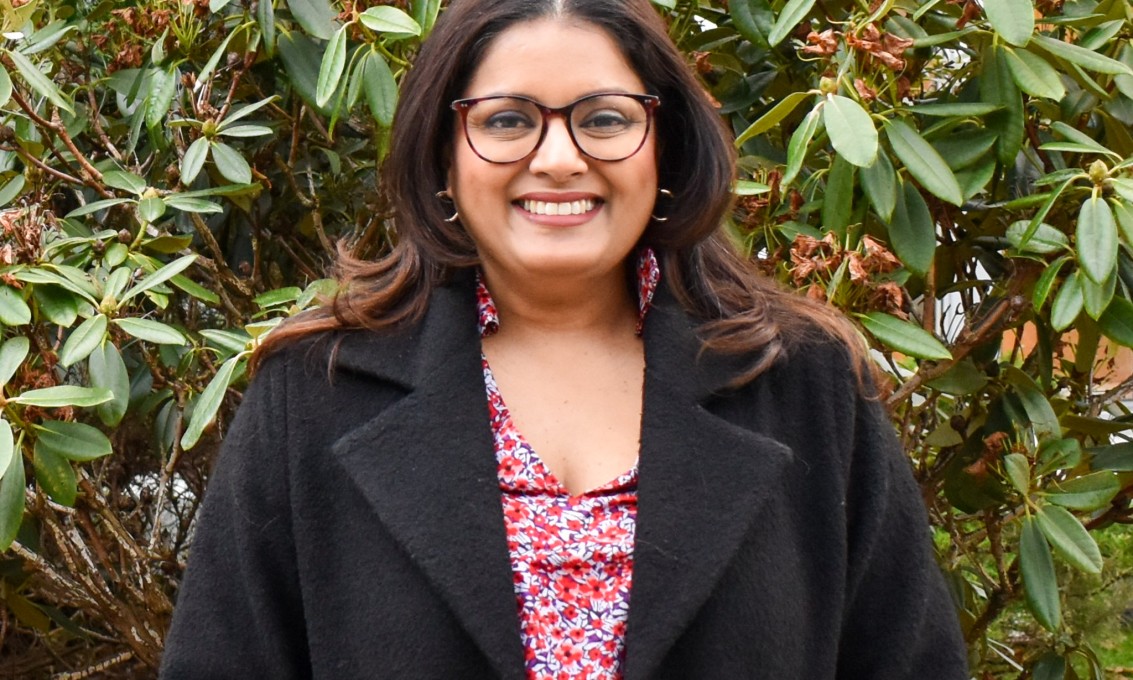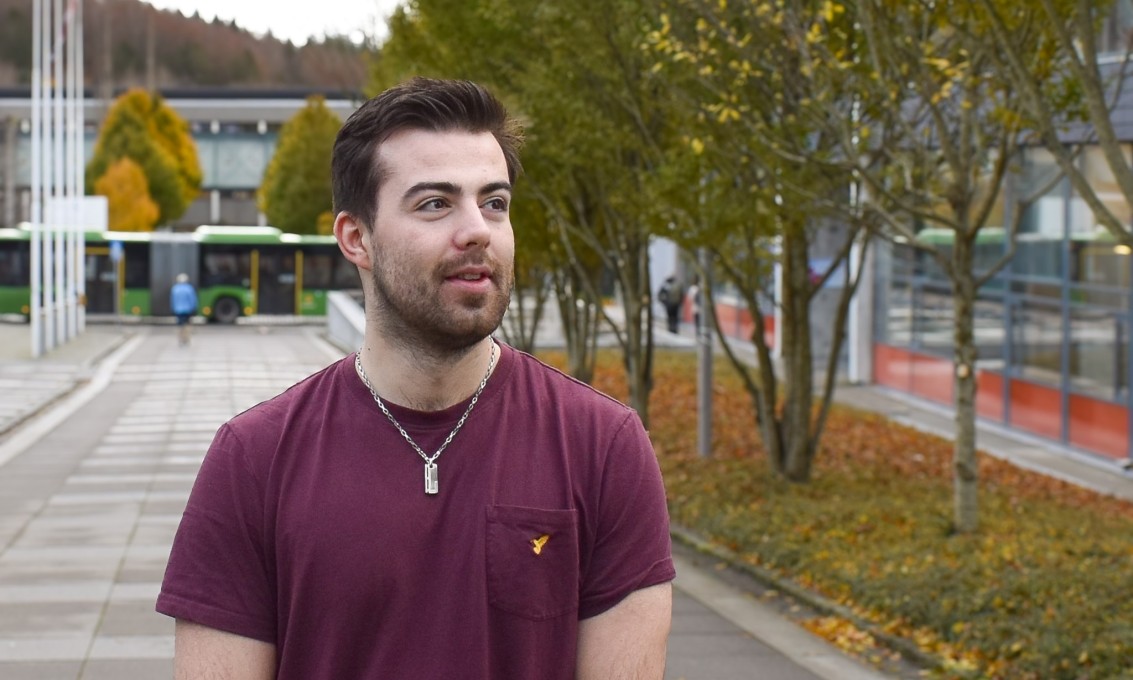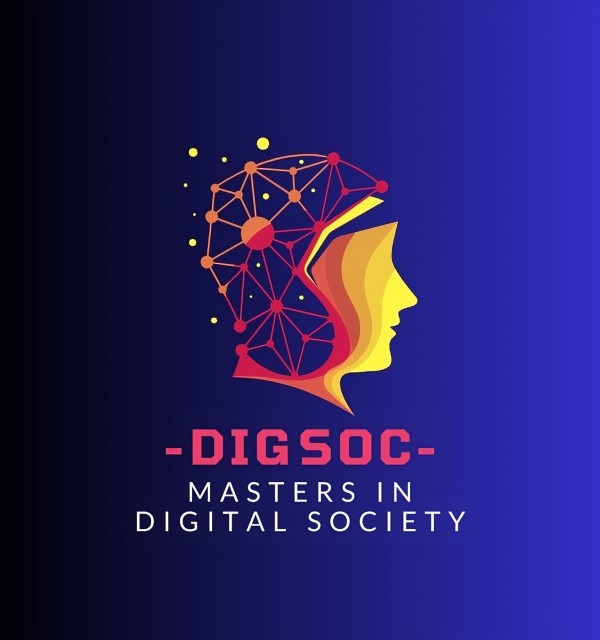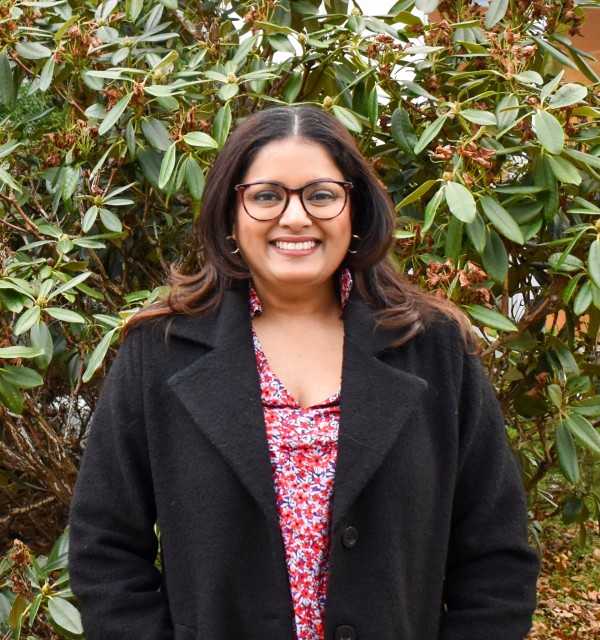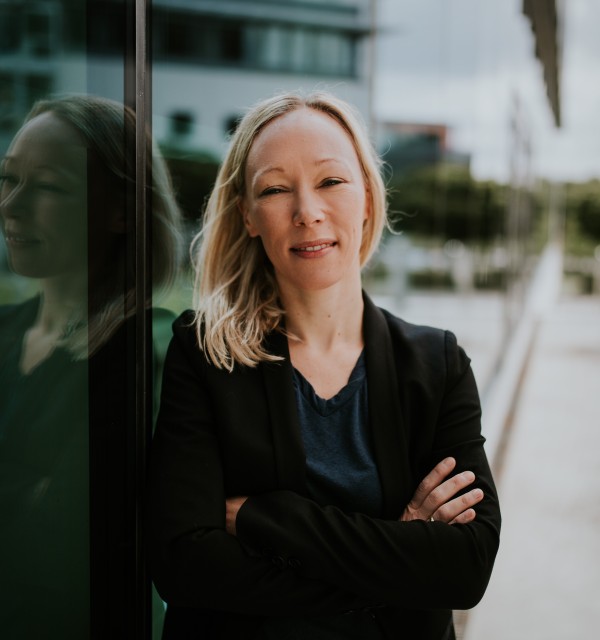Digital Society and Societal Transformations educates social scientists who understand how data and AI work, and how technology impacts democratic society. This programme will not teach you coding - it will give you the analytical and critical tools to live and work in the digital society, and better understand how technologies shape society.
2 years / 4 semesters
English
120
This programme will not be admitting students in 2025.

About the program
NB. This programme will not be admitting students in 2025.
If you are looking for an interdisciplinary education that prepares you for working under digital transformations, then this is the right program for you.
Who is technology for? As we move towards a securing a more sustainable future, digitization represents challenges as well as opportunities. Society needs more interdisciplinary competences about how technologies affect political processes, social relations, identity, and sustainability. Digitization is not just a technical challenge that we need engineers to solve. We also need to people who understand how the digital impacts on our everyday lives.
- Digital societies need social scientists: The program gives students insight into how artificial intelligence alter the conditions for life and work, how datafication is changing public administration, and how social media transform the way we communicate. Students will tackle key issues in sociology, political science, media studies and data science to understand how the challenges and opportunities of digitization affects society as a whole.
- Interdisciplinary: Students will tackle key issues in sociology, political science, media studies and data science to understand how the challenges and opportunities of digitization affects society. The program prepares students for work in all sectors undergoing digital transformation, including in organization and management, civic and cultural sectors, public administration, and in media and communication.
- Work placement: The program offers work placement in the third semester with municipalities and private companies undergoing in digitization processes in the region. UiS has several work placement agreements. The work placement increases your awareness of your role in relation to others in specific work environment.
The topics are really interesting and I was really pleased to find a program that combines media, communication, sociology, political science, and technology. This is the kind of degree you only find abroad.
Career opportunities
I think the courses in technological foundations and sustainability is going to be especially relevant for my future career. It is good to have a technological aspect in addition to the social science aspect.
A master's degree in digital societies and societal transformations qualifies work within public administration, the civil society sector or private industries. For example
A master's degree in digital societies and societal transformations qualifies work within public administration, the civil society sector or private industries. For example
- citizen services, user engagement, and inclusive democratic processes
- regulatory compliance and business implementation of technology solutions
- ethical technology procurement and digitalization for sustainability
- digital rights, data protection and digital literacy
- the responsible use of artificial intelligence
- smart city datafication processes
- policy development and analysis
- business strategy, business models and monetisation of technology solutions
- risk management and regulatory compliance
- digital communication and social media strategies
- data analysis and data research
Learning outcomes
All study programmes at the UiS have a set of defined learning targets. Read more about the learning outcome for this study programme.
The student will, after having completed the programme, have the following knowledge, skills, and general competencies:
Knowledge:
Upon completing the programme, the student will have:
- advanced knowledge of digitalisation as a social, political, communicative, and technical process
- thorough knowledge of the theoretical and practical implications and impacts of digitalisation in contemporary societies
- in-depth interdisciplinary knowledge of the challenges and opportunities of digitalisation for society
- the ability to apply knowledge to new areas within the academic field
- the ability to analyse academic problems on the basis of the history, traditions, distinctive character and place in society of the academic field
Skills:
Upon completing the programme, the student can:
- analyse and critically assess different academic, political, and technical sources of information
- apply theories independently to practical and theoretical problems
- use relevant scientific methods and work independently as well as interdisciplinarily
- carry out an independent, limited research project under supervision
- shape the digital transformation for sustainable development
General competence:
Upon completing the programme, the student can:
- analyse and present relevant academic, professional, and research ethical problems
- apply knowledge to new and emerging areas within the social sciences
- communicate and master the terminology of the field
- communicate about academic issues, analyses and conclusions in the field, both with specialists and the general public
- contribute new thinking, entrepreneurship, and innovation processes related to the digitalisation of society
Elective work placement
The elective course MENPRA gives you the opportunity to gain relevant work experience.

The work placement course gives you practical insight into the challenges facing organisations of different kinds in the digital transformation.
You will work either in Stavanger Smart City, in a municipality in the region, or in the private or civic sector facilitated through Nordic Edge.
Work placement lasts 16 weeks in the Fall semester. Students will return to campus for regular workshops during the work placement programme to discuss common challenges and share insights. Students will write a practice report where they discuss a particular digital challenge, process or project identified during the practice period, discuss the specific context of the issue, and analyse and evaluate possible solutions.
Student exchange
By going on exchange to one of our partner institutions abroad as part of your studies, you will have an opportunity to get a unique education. In addition to improving your career opportunities, you grow as a person and gain the ability to greater reflect on the topics you study as part of your degree.
We recommend our students take the opportunity to study abroad in the third semester of the program (autumn). Study exchange visits serve to broaden the interdisciplinary competencies of the candidates, strengthen their language skills, and increase their international profile.
Students can choose courses between the following recommended programmes:
Aalborg University: Master in Techno-Anthropology.
Linköping University: Master in Computational Social Science
Tampere University: Master in Sustainable Digital Life
University of Twente: Master in Philosophy of Science, Technology Society
Münster University: Master in Communication
However, UiS have an extensive catalogue of international agreements with universities all over the world. Students who wish to visit other universities outside the list of pre-approved studies will have to proceed with the formalities on their own and seek pre-approval of university and courses.
For more information about the exchange-process, read here: Outbound exchange | University of Stavanger (uis.no)
See where you can travel
Academic Requirements
NB. This programme will not be admitting students in 2025.
A bachelor's degree with a specialization of at least 80 ECTS credits in one or more of the following subject areas or equivalent is required: social science, political science, media studies, sociology, psychology, pedagogics, anthropology, law, human and social geography, history, hotel management, hospitality, administration or economics.
Professional bachelor degrees in the following areas also qualify for admission: journalism, police, teacher education and social care
Quota: A quota of up to 3 study places is reserved for qualified applicants from partner institution (Stavanger Smart City).
Admission to this master's programme requires a minimum grade average comparable to a Norwegian C (according to ECTS Standards) in the bachelor's degree.
Application and admission
Contact
For inquiries regarding admission to international Master's programmes, send an email to: admissions@uis.no.
Student life in Stavanger
Contact
Faculty Administration SV
Administrasjon IMS
